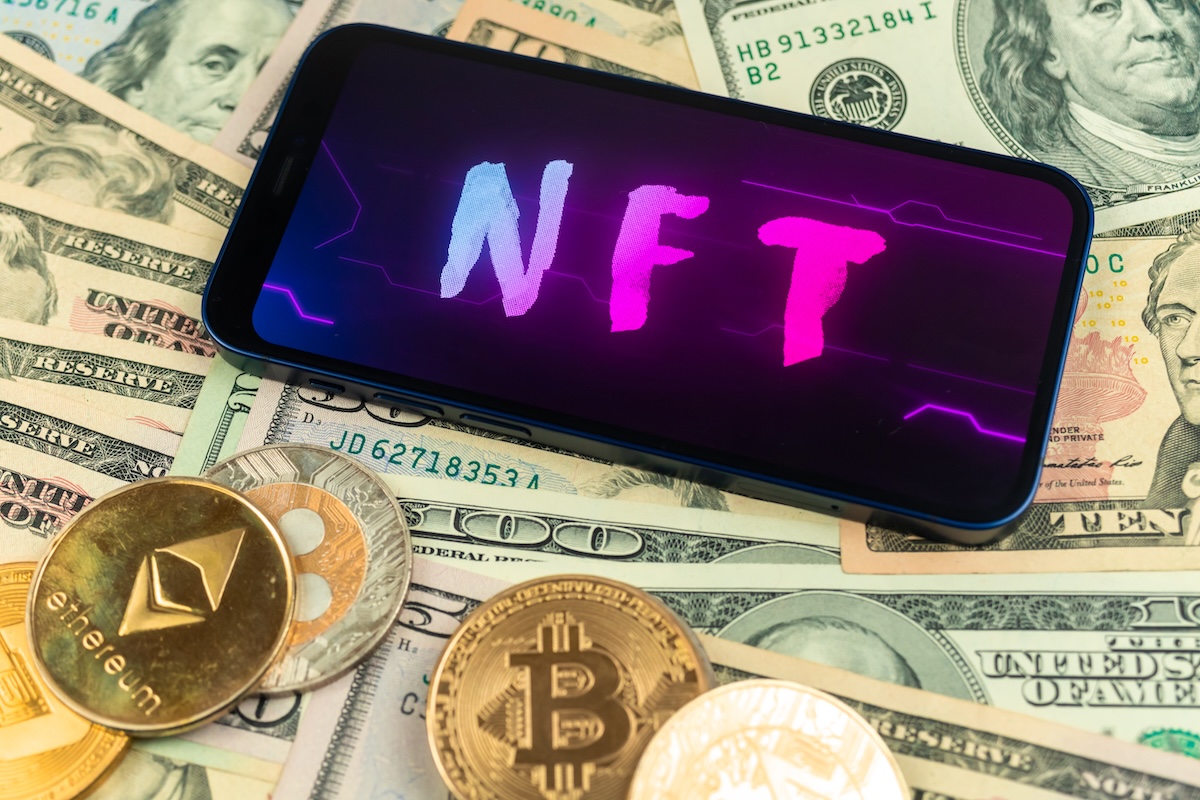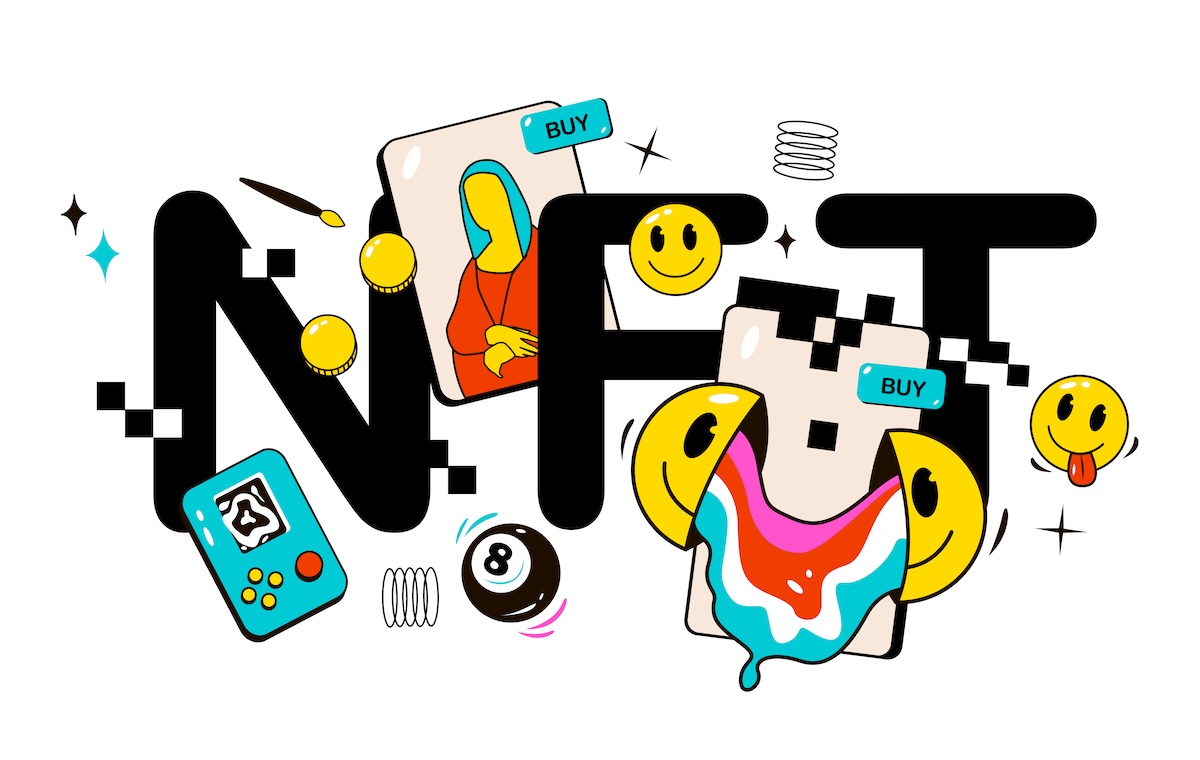Celebrities and Bored Ape Yacht Club NFT Lawsuit: What Really Happened
Celebrities escaped liability in the Bored Ape NFT lawsuit. Courts dismissed claims, raising questions on crypto promotions, hype, and investor trust.

Celebrities from music, sports, and Hollywood were sued for promoting Bored Ape Yacht Club NFTs without disclosing payments, but as of October 2025, the case has been dismissed and no charges have stuck. The lawsuits raised big questions about influencer responsibility in crypto promotions, but U.S. courts found no legal grounds to punish these endorsements.
Key Takeaways
High-profile names like Justin Bieber, Serena Williams, and Jimmy Fallon were accused of misleading NFT investors.
Plaintiffs claimed celebrities boosted prices by promoting Bored Apes without revealing payments.
Courts dismissed the case, leaving celebrities free from liability for their endorsements.
The lawsuits sparked debates about crypto influencer responsibility and transparency.
Regulators have warned about unlawful promotions, but disclosure rules remain limited.
The Rise of Celebrity NFT Endorsements
At the peak of NFT hype in 2021 and 2022, owning a Bored Ape wasn’t just about digital art — it was a cultural status symbol. Pop stars, athletes, and late-night hosts flaunted their Ape avatars on Twitter, Instagram, and even on TV.
Justin Bieber shared his Ape purchase with millions of fans.
Jimmy Fallon proudly showed off his Ape on The Tonight Show, alongside Paris Hilton.
Madonna and Serena Williams also joined the club, driving headlines and visibility.
For everyday investors, these endorsements looked like genuine personal buys, signaling mainstream acceptance. But behind the scenes, many stars were allegedly compensated for their promotions, creating a gray area between personal fandom and paid marketing.
Why Were Celebrities Sued Over Bored Ape NFTs?
A series of lawsuits accused celebrities and companies like Yuga Labs (the creators of BAYC) and MoonPay of orchestrating a coordinated marketing campaign disguised as organic celebrity hype.
The claims centered on:
Undisclosed Payments – Stars allegedly failed to disclose they were paid or incentivized.
Market Manipulation – By boosting the project’s profile, celebrities supposedly inflated prices.
Retail Losses – When NFT values later crashed, investors claimed they were misled.
This wasn’t an isolated event. Similar complaints surfaced across the crypto industry. For example, Floyd Mayweather and DJ Khaled were fined years earlier for promoting ICOs without disclosure.
The Court’s Decision: Celebrities Off the Hook
In 2023, the California court reviewed the evidence and ultimately dismissed the claims against celebrity defendants. The ruling was that undisclosed endorsements alone aren’t enough to establish liability without proof of fraud or securities violations.
This ruling matters because it sets precedent. Influencers can face public backlash and regulatory warnings, but unless new laws are passed, simply posting about NFTs without clear disclosure doesn’t guarantee criminal or civil charges.
Case Study: Kim Kardashian and the SEC
To understand the bigger picture, let’s look at another celebrity case. In 2022, Kim Kardashian paid $1.26 million to settle SEC charges over her promotion of EthereumMax tokens.
Unlike the Bored Ape cases, this one involved the SEC directly. Kardashian had posted about EthereumMax on Instagram without revealing she’d been paid $250,000 for the promotion. The SEC considered this a violation of disclosure rules for securities-related promotions.
The difference? EthereumMax was treated like a potential security, while NFTs like Bored Apes weren’t — at least not under current laws.
Why Did Investors Feel Misled?
I’ve spoken with several NFT collectors who admitted that celebrity hype influenced their decisions. For many investors, seeing Justin Bieber or Serena Williams join the Bored Ape Yacht Club felt like validation. It signaled that NFTs weren’t just speculative assets but a part of pop culture.
When prices plummeted in 2022 and 2023, those same buyers were left with losses. That frustration fueled the lawsuits, even though the courts found no grounds to punish the endorsers.
The Industry Impact
Even though celebrities walked away legally unscathed, the lawsuits left a lasting impression on the NFT market.
Reputation Damage: Some stars quietly distanced themselves from NFTs after the lawsuits. Fallon, for instance, hasn’t spoken publicly about Bored Apes since.
Market Trust: Many retail investors became more skeptical of celebrity promotions.
Regulatory Attention: The SEC and FTC have both signaled they’re watching influencer activity in digital assets closely.
This episode also shows how hype-driven markets can be vulnerable. Without transparency, fans risk confusing marketing with personal investment.
What Does This Mean for Investors?
As someone who’s followed crypto since its early days, I see one clear lesson: celebrity endorsement isn’t a guarantee of long-term value.
When you buy into a project just because your favorite singer or athlete promotes it, you’re essentially betting on hype. That might bring short-term gains, but it rarely lasts.
Before putting money into an NFT or token, ask yourself:
Who created it, and what’s their track record?
Is there real utility or cultural staying power?
What’s the community like beyond the celebrity buzz?
Lessons for Celebrities and Influencers
While the courts dismissed the case, the damage wasn’t zero. Celebrities learned that promoting crypto comes with reputational risks and legal headaches. Even if you win in court, you can still lose in public opinion.
The safest path for influencers is simple: disclose clearly when you’re being paid. Fans will appreciate the honesty, and regulators will have less reason to scrutinize.
Final Thoughts
The Bored Ape lawsuits didn’t bring celebrity penalties, but they reshaped the conversation around crypto promotions. Courts may have dismissed the charges, yet the debate over influencer responsibility is far from over.
I see this as a turning point. It’s no longer enough to ride the hype wave — whether you’re an investor or a promoter, transparency and research are essential.
Frequently Asked Questions
Here are some frequently asked questions about this topic:
Did celebrities profit from promoting Bored Ape NFTs?
Yes, many were compensated, though the exact figures weren’t disclosed in court.
Are any celebrities still facing lawsuits?
No. As of October 2025, the cases have been dismissed.
Could the SEC revisit these endorsements?
Potentially, if regulators find evidence of securities violations. For now, NFT promotions fall into a legal gray area.
What about companies like Yuga Labs and MoonPay?
They continue to face scrutiny, but the spotlight has shifted more toward the companies than the celebrities.
What should NFT buyers do going forward?
Focus on project fundamentals, not celebrity endorsements. Research teams, roadmaps, and communities before investing.





